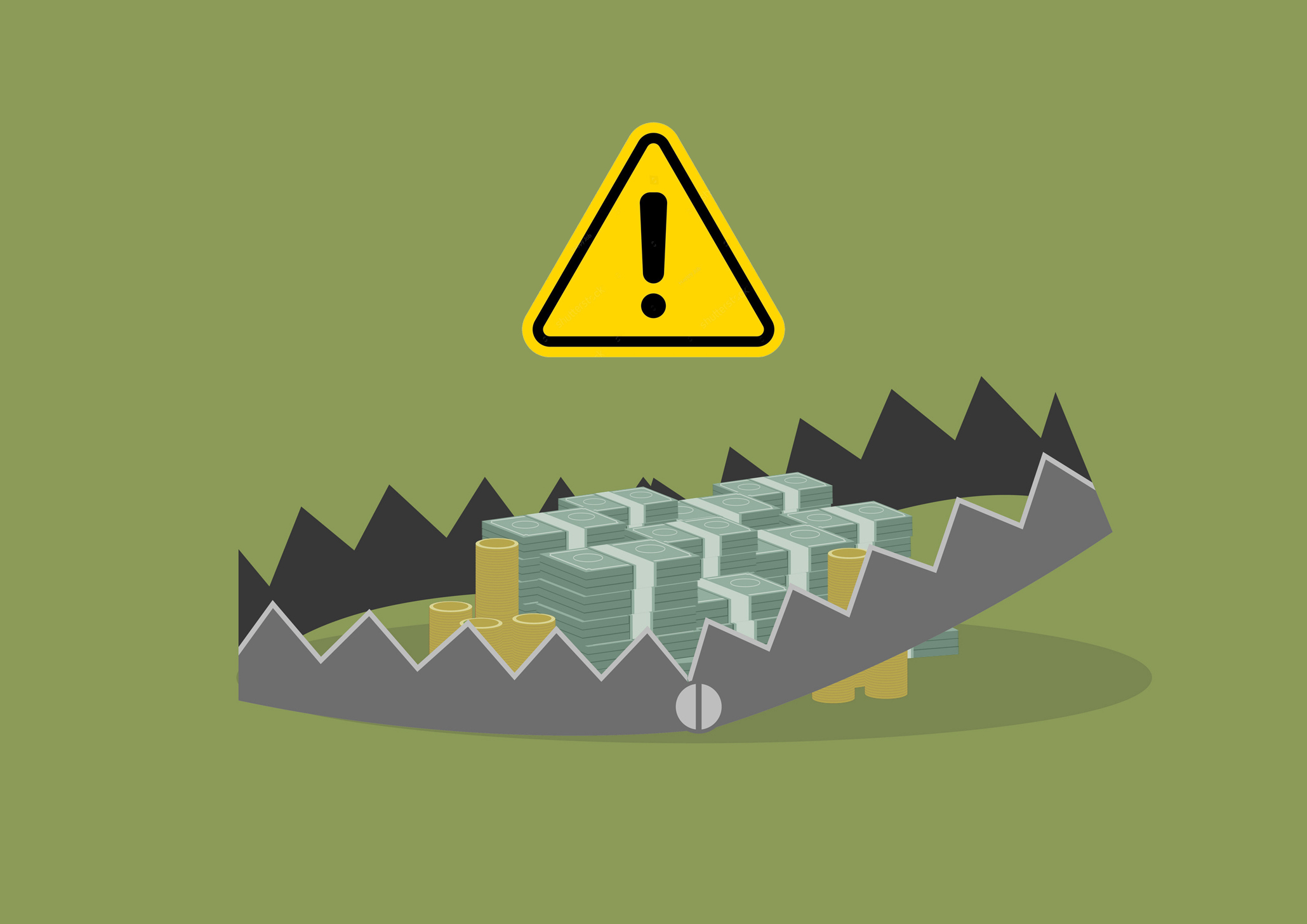Beware of loan sharks
We understand the challenges our customers may face due to the cost-of-living crisis and growing financial pressures. It’s important to stay vigilant against loan sharks, who operate illegally without the proper authorisation and can trap people in a cycle of debt and fear.
What is a loan shark?
A loan shark is someone who lends money without the necessary permissions from the Financial Conduct Authority (FCA), making their operations illegal. These lenders often use intimidation, threats, or violence to enforce repayment and can charge extremely high-interest rates.
How to recognise a loan shark
– No paperwork: They often do not provide any formal documentation for the loans they offer.
– High rates and unpredictable terms: They might change repayment terms or increase debts, even if you are making regular payments.
– Security requests: They might ask for your bank card or other personal items as security.
– Threats and violence: Use of intimidation or violence to ensure payments.
If you are approached by a loan shark
If you suspect you are dealing with a loan shark, or if you have borrowed from one, remember that you have not done anything wrong—the loan shark has. We encourage any customers who finds themselves involved with a loan shark to seek help immediately. You can contact the England Illegal Money Lending Team confidentially or reach out to us for support.
Contact the Illegal Money Lending Team:
– Phone: 0300 555 2222
– Text: 07860022116
– Email: reportaloanshark@stoploansharks.gov.uk
– Website: http://www.stoploansharks.co.uk
Our commitment to customer
We are committed to supporting our customers through education and support services. For more information on how to manage your finances safely and avoid the dangers of illegal lending, please visit our Cost of Living Support page.
Pine Court Housing Association stands with our community against illegal lending and is here to help you find safer, legal alternatives for financial support.
This page was last updated on 22 October 2024

